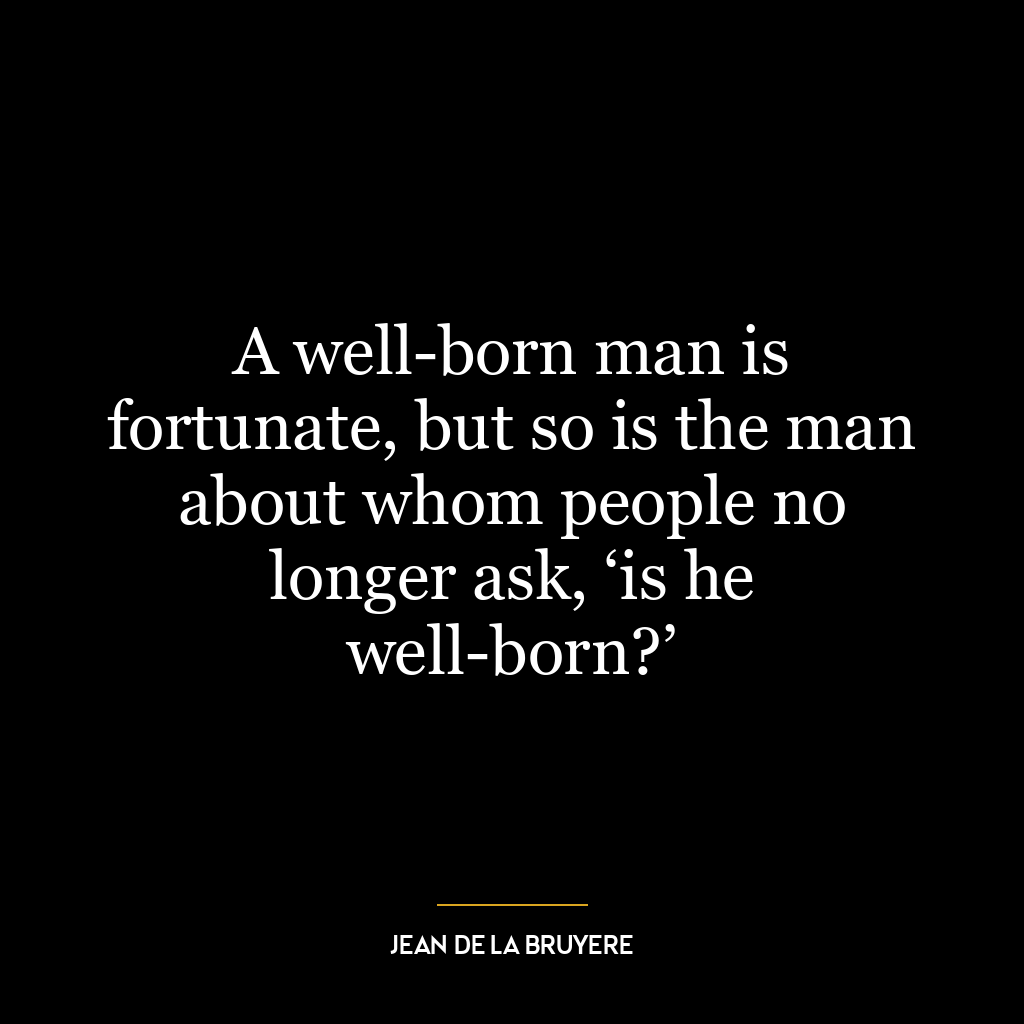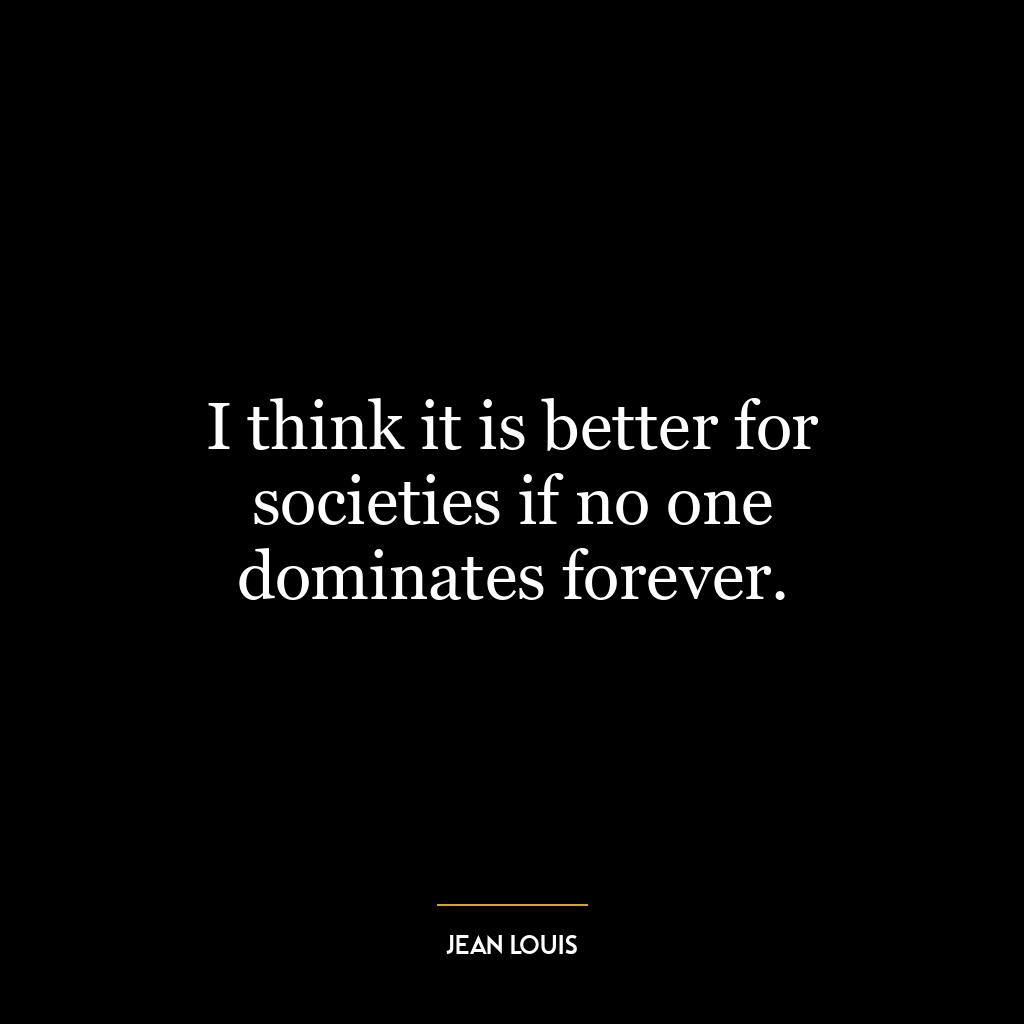This quote is a profound statement on the principles of equality, respect, and understanding in international relations. It suggests that no nation, regardless of its power or status, has the moral authority to judge another. Each nation has its unique culture, history, and socio-political context, and these intricacies might not be fully understood by outsiders. Therefore, passing judgment could lead to oversimplification, bias, or misunderstanding.
In essence, this quote is a call for humility, empathy, and mutual respect among nations. It implies that nations should focus more on collaboration, dialogue, and mutual understanding rather than trying to assert dominance or superiority over each other.
In today’s globalized world, this idea is more relevant than ever. As nations become more interconnected, there’s a greater need for tolerance, respect, and mutual understanding. The global challenges we face today, such as climate change, pandemics, and terrorism, require collective action rather than unilateral judgments or decisions.
On a personal level, this idea can be applied to personal development as well. Just as no nation has the right to judge another, no individual should hastily pass judgment on others. Everyone has their unique journey, experiences, and struggles that we may not fully understand. Instead of judging others, we should strive to understand, empathize, and learn from them. This approach can lead to personal growth, improved relationships, and a more inclusive and tolerant society.















